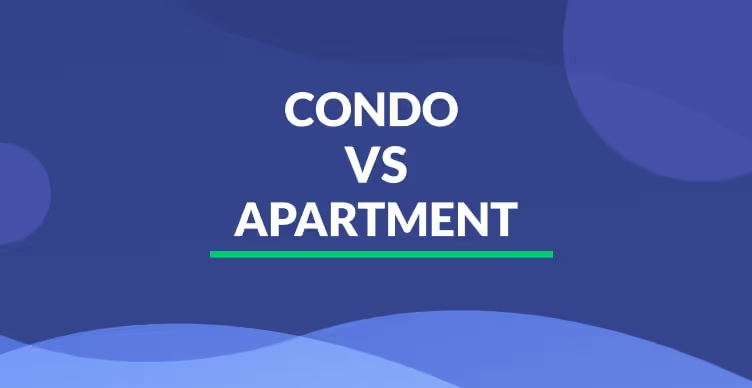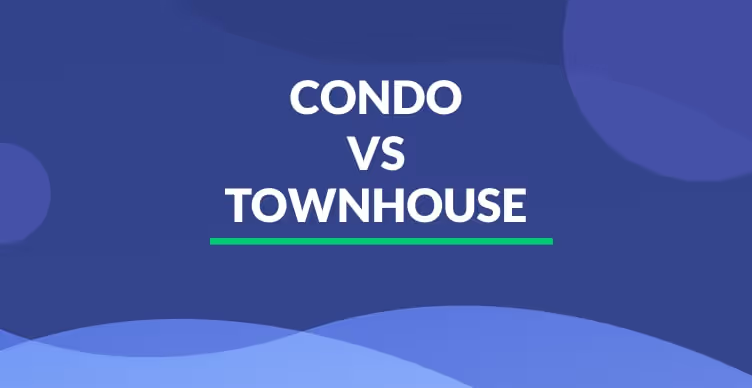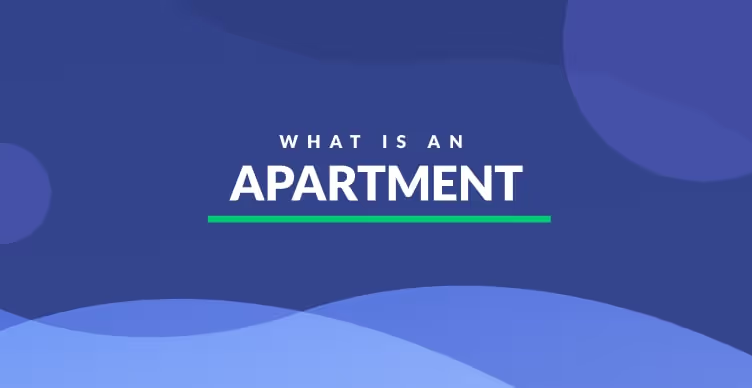If you are a property manager, you are probably aware of the various areas of property management that exist.
Property managers can be responsible for residential properties, commercial properties, storage facilities, community associations, and many more.
Another kind of property that a property manager may choose to manage is a condominium.
But, what exactly is a condominium?
In this guide, we will be going over what a condo is as well as what sets it apart from an apartment building.
To begin, let's go over what a condominium is.
What Is A Condominium?
A condominium (also known as a "condo" by the majority of us) is a private residency you can rent out tenants.
A condo is usually found in a residential structure or community; however, the unit is privately held by a person who then becomes the property's landlord. Owning a condo is more of a personal, one-on-one approach than getting an apartment because the condo owner has complete control over who gets approval to rent their condo unit.
However, unless condo owners live in another unit they possess in the same building, the landlord is not on site. These condo owners pay condo fees that cover things like maintenance costs, amenities, and the upkeep of common spaces.
Just like with any other kind of investment property, there are many pros and cons to investing in a condo association or a condominium in general.
Below, we will outline the various advantages and disadvantages of investing in a condominium association.
Pros & Cons Of Investing In Condos
In this section, we will be discussing the various pros and cons of investing in a condominium.
Pro: Lower Maintenance Costs
Since most condominiums are part of condo associations or HOAs, they have to pay condo and HOA fees.
These fees usually cover the majority of the maintenance costs for the condo. This means that the property manager or property management company does not have to worry much about maintenance, just the fees.
However, this can also be considered a con, as HOAs can be a bit of a headache, which we will discuss further below.
Pro: Additional Amenities
You might have access to amenities such as a pool, fitness centers, or parking garages, based on the complex. This is a huge benefit for unit owners when it comes to marketing the rental property, as tenants love having more amenities.
The homeowners association (HOA) often maintains these common amenities, so the tenants may enjoy them without having to maintain them yourself.
Pro: More Cost-Effective
Condominium ownership is typically less expensive than regular homes, making them ideal for first-time homeowners with limited incomes.
While condo association costs must be considered, a condo can be less expensive than a single-family home. If the high cost of entry has previously deterred you from becoming a property owner, condo living may be more affordable.
Con: HOA Rules
When you purchase in a complex development, you are also purchasing the HOA's set of rules and the condo association fees.
Rental restrictions and animal restrictions are examples of these policies. You also have to pay monthly HOA fees to cover the upkeep of the shared facilities and the building.
These costs can vary greatly based on the condo's size and location. And, although the HOA does typically do a lot of work to maintain the property and the condominium complex as well, their rules and regulations can become a bit cumbersome.
For example, if you want to paint your condo, chances are that the HOA won't allow you to do so. This is because they like to have a unified "look" within the complex, and a different colored house won't help with that.
Con: Typically Smaller Properties
Since condo complexes are typically very packed and contain a lot of units, the properties can also be smaller.
This means that a condo may not be the best option for larger families or families that don't want to feel crowded. These complexes can also limit the amount of privacy a family has, since most of the amenities, like swimming pools and outdoor areas, are common spaces.
Con: Investment Volatility
Since a condo's value may depend on the general upkeep of the community where it is located, it is possible that the value will fluctuate quite a bit.
This is especially true if the condo is being shared with other people. If the people within the condo are not taking care of the building, this can affect the value of your investment and potentially lead to a loss of income.
It is very important to watch out for this, as any real estate agent will most likely try to conceal these things. This is why it is always important to check out the property personally and even check out the neighbors before investing.
So, now that we know all about the pros and cons of investing in a condo, let's go over the general process of renting out a condo and what it entails.
Renting Out A Condo
When you rent out a condo, your tenants are most certainly going to be members of the condo community's homeowners association.
Condo residents are responsible for paying regular HOA fees for the maintenance of the community's communal areas and the outside of the condo complex, as well as any amenity costs, such as concierge services.
When the tenant pays rent to you, as the landlord, they don't have the option of making payments online. Therefore, with regard to renting out your condo, receiving payments by check is a popular choice.
However, it is all based on the landlord, so when the tenant signs the lease, do not forget to tell them about your preferred mode of receiving the rent payment.
Also, as the landlord, you can modify the condo to give it a personal touch or make it more appealing to potential tenants, especially with the amenities.
Condo Amenities
Stainless steel objects, marble countertops, and improved flooring are likely to be found, as well as unique features like the wallpaper on your walls or the cupboards in your kitchen.
It adds a little diversity to every condo in the complex. All the details in a condo are handled by the separate owner (unless they haven't updated anything since purchasing or acquiring the unit, which is rare).
It's probably renovated and well-maintained since condo owners have a vested interest in keeping it that way — perhaps you might leave it as is because it has a high property value. If the condo is in good shape, it is easier to rent out, and you are able to charge higher prices for an upgraded unit than for one that is in poor condition.
Luxury amenities including garage parking, concierge services, outdoor spaces, a gym, and an outdoor or indoor pool are likely to be found within the condo community itself.
Now, although we already briefly mentioned the maintenance of a condo, let's go over how the maintenance is handled in more detail.
Condo Maintenance
Irrespective of the fact that the HOA is responsible for the upkeep of communal spaces such as shared utilities and the property itself, they are not responsible for fixing a leaking toilet; the tenant must either fix it themselves or wait for you, as the landlord, to contact your recommended maintenance company.
Remember that if you are not in the country or in a different state, contacting your management team to get problems rectified in the property may take longer, which might cause issues between you and your tenants. Therefore, make sure you are always ready for the unexpected.
Frequently Asked Quesitons
What is a condominium?
A condominium (also known as a "condo") is a private residency you can rent out tenants which is usually found in a residential structure or community.






.svg)
.svg)

